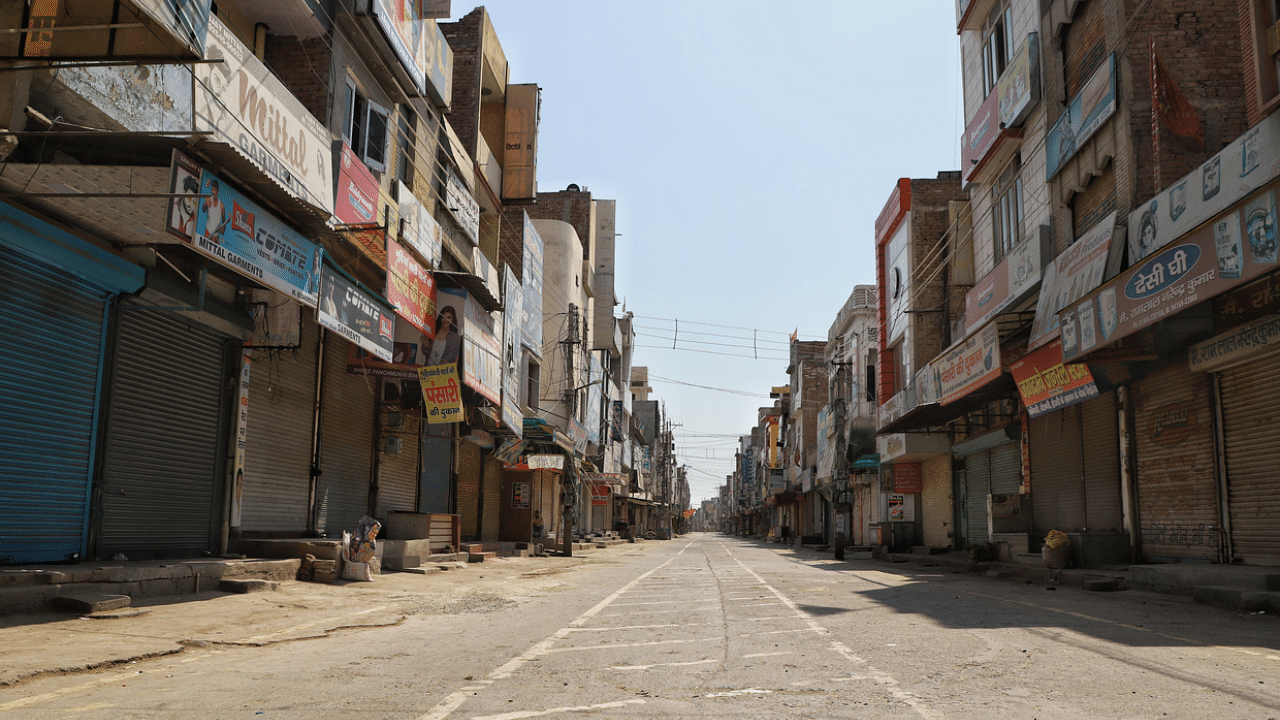
A survey of nearly 5,500 households in 13 cities, including Bengaluru, by the Reserve Bank of India conducted at a time when cities are beginning to recover from the Covid-19 impact, has found consumer confidence in the economy to be abysmally low at 52.3 in November and their discretionary expenditure contracting.
Although consumer confidence towards the general economic situation, price levels, household incomes and employment scenario has marginally inched up in November from an all-time-low of nearly 50 in September, it is way below the one-year-ago level in the same month (November).
A reading below 100 indicates pessimism, according to the survey scale of the central bank.
The survey, conducted between October 30 and November 12, found respondents’ discretionary expenditure contracted over 11% in November and the outlook for the coming months was not encouraging either.
However, households sounded optimistic about the situation one year ahead, according to the consumer confidence survey.
On the price situation, another survey of nearly 6,000 households in 18 major cities showed a majority of households expect prices of goods and services to rise in the next three months from where they are at present. They were also pessimistic about the one-year ahead period. The respondents were also worried about food prices rising further.
The RBI too has sounded a note of caution on the inflation scenario in the coming months although it has upgraded its GDP forecast for the current year to a contraction of 7.5% from an earlier estimate of a 9.5% decline.
In line with that, another set of the RBI’s professional forecasters’ survey too has revised the forecast for real gross domestic product (GDP) growth upwards for the financial year 2020-21 to a contraction of 8.5% from the previous round’s estimate of 9.1%.
It has projected merchandise exports to decline by 11.3% and imports to contract by 23.2% in the financial year 2020-21.
